The Angry East
Ingmar Nolting




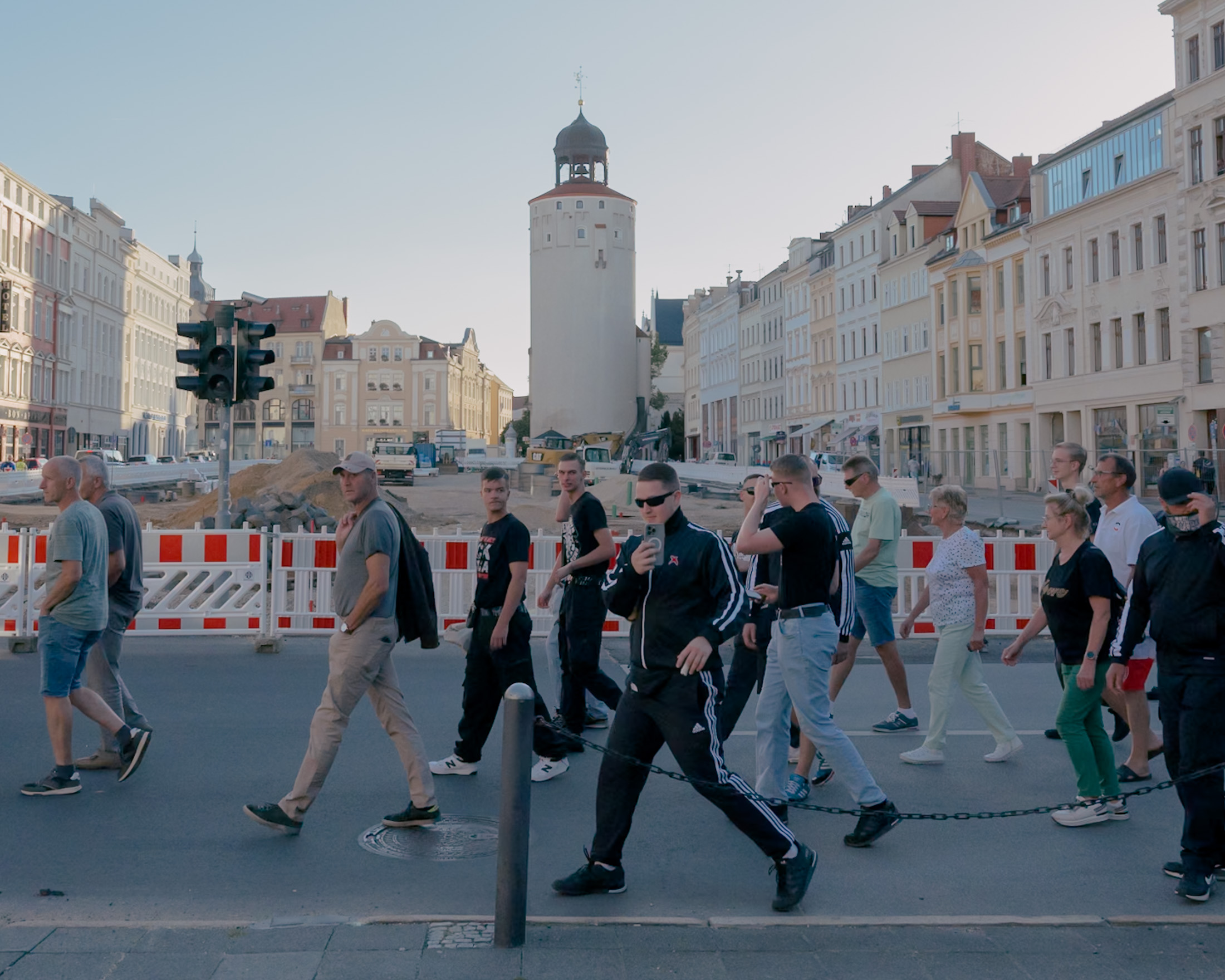
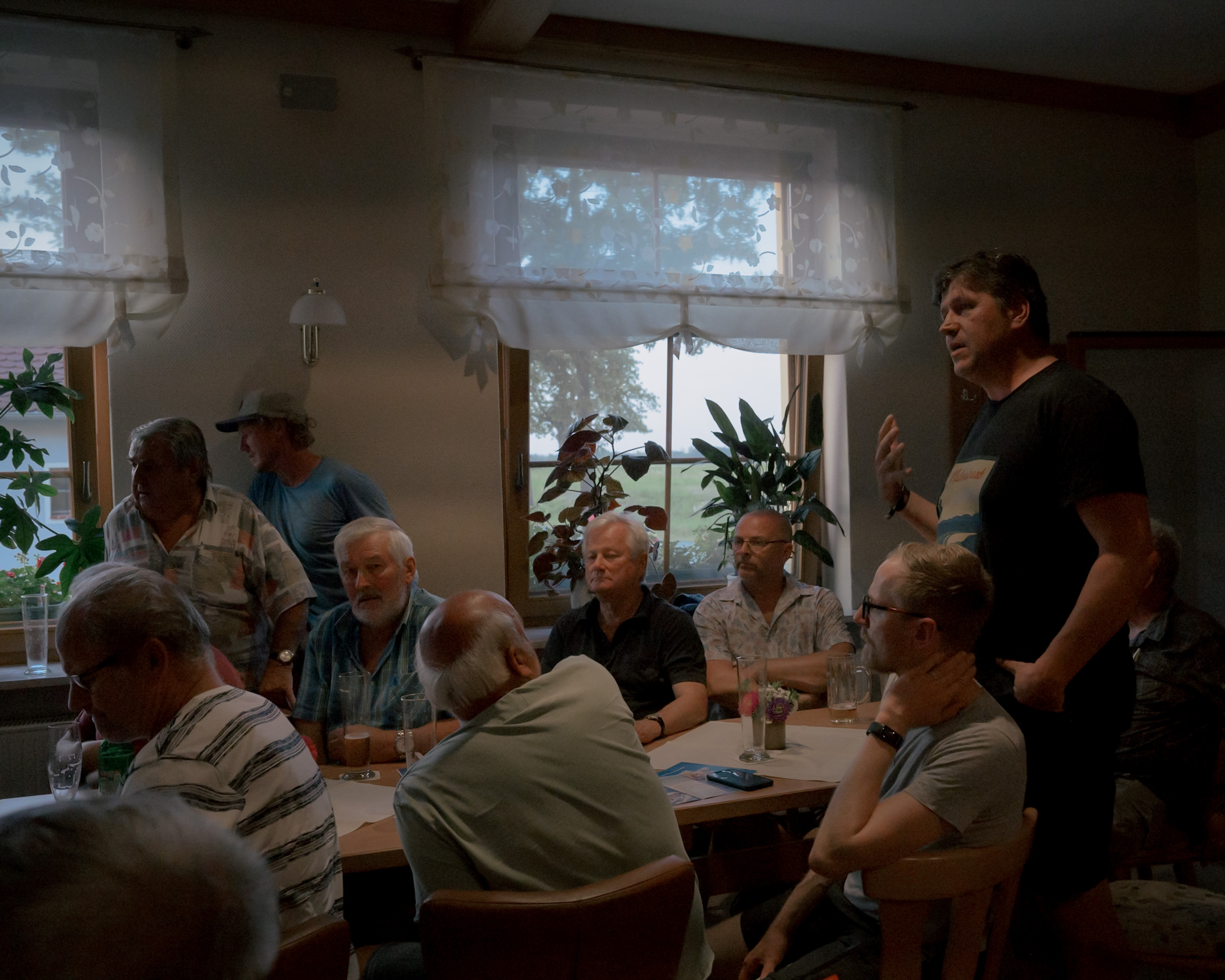
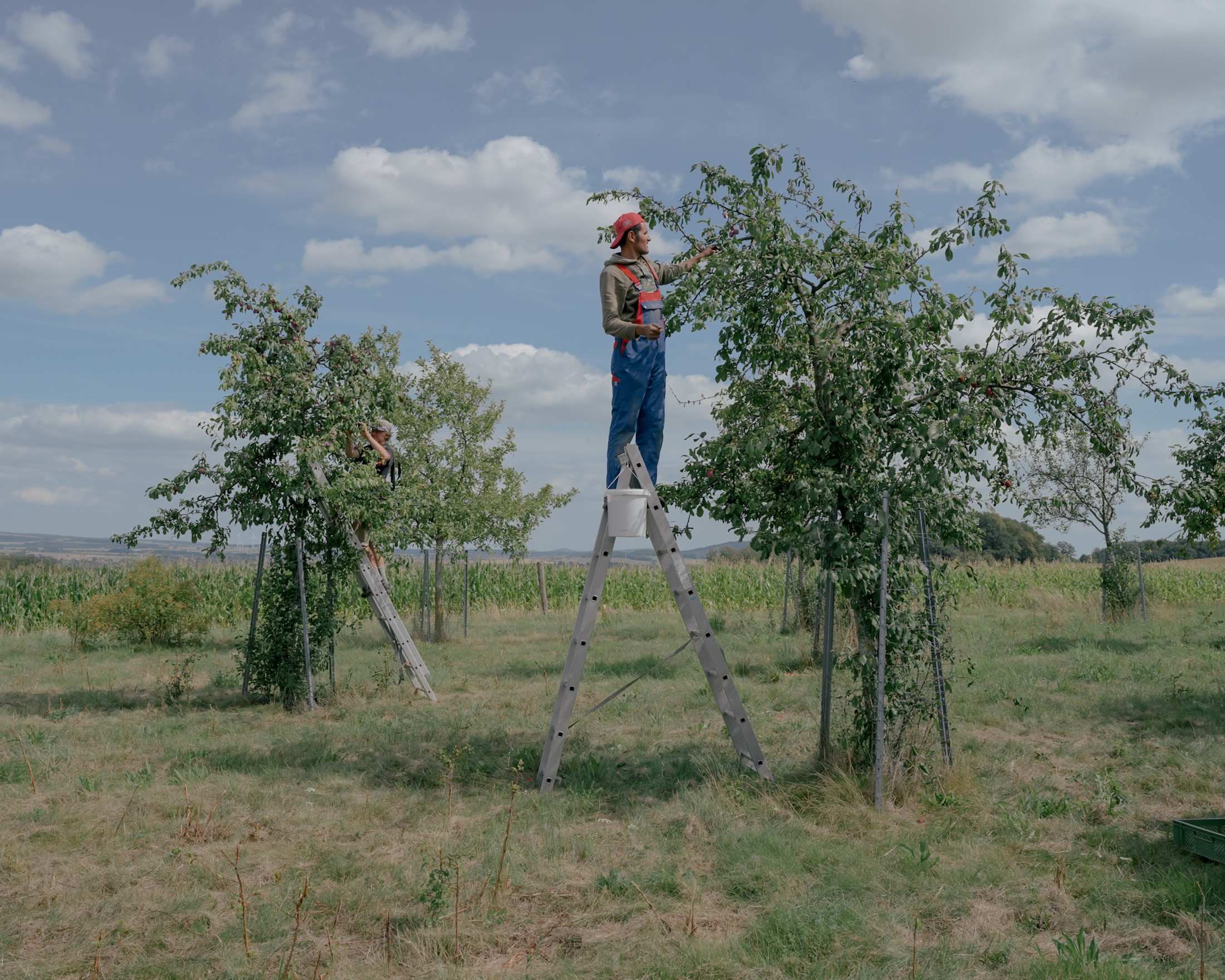

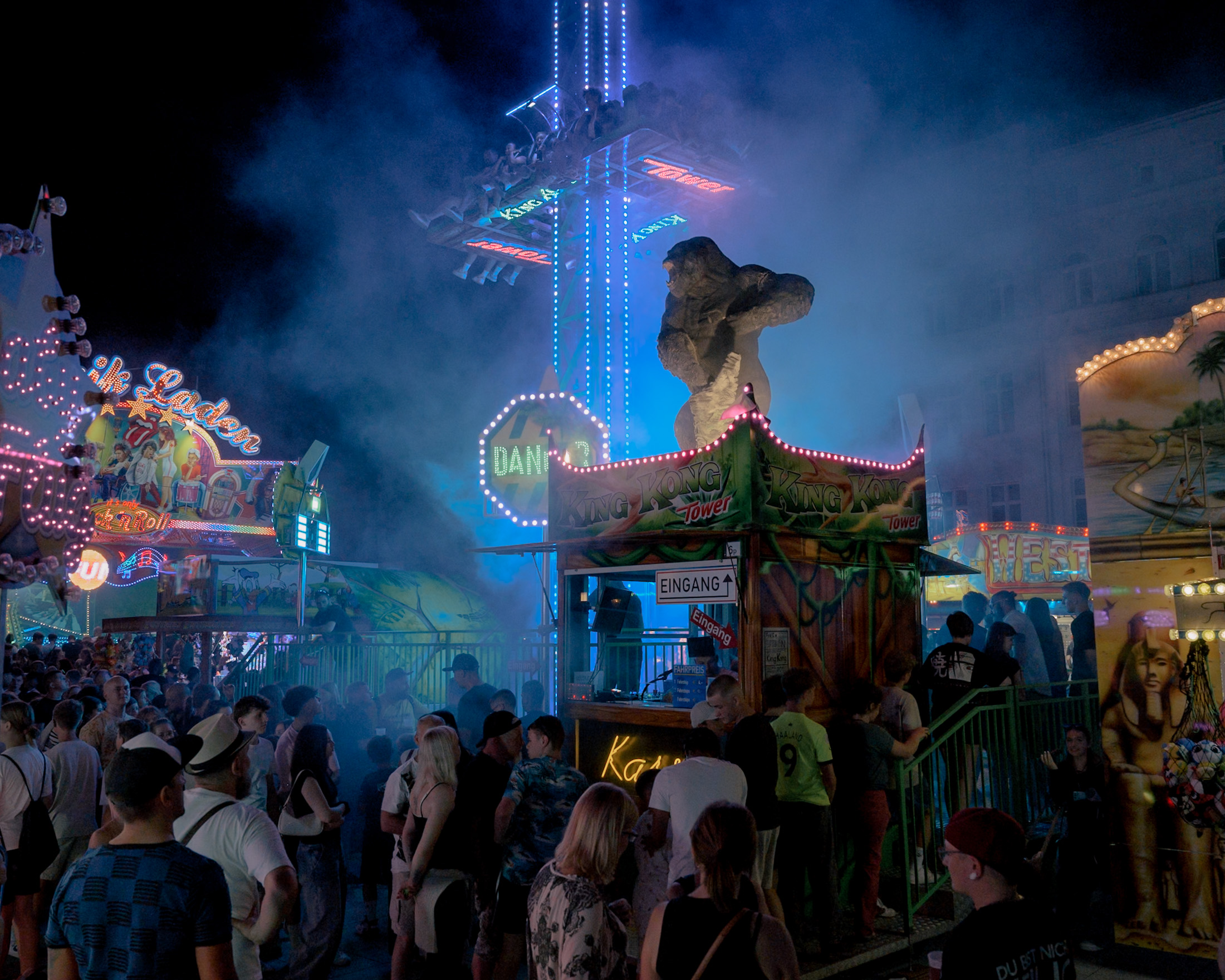

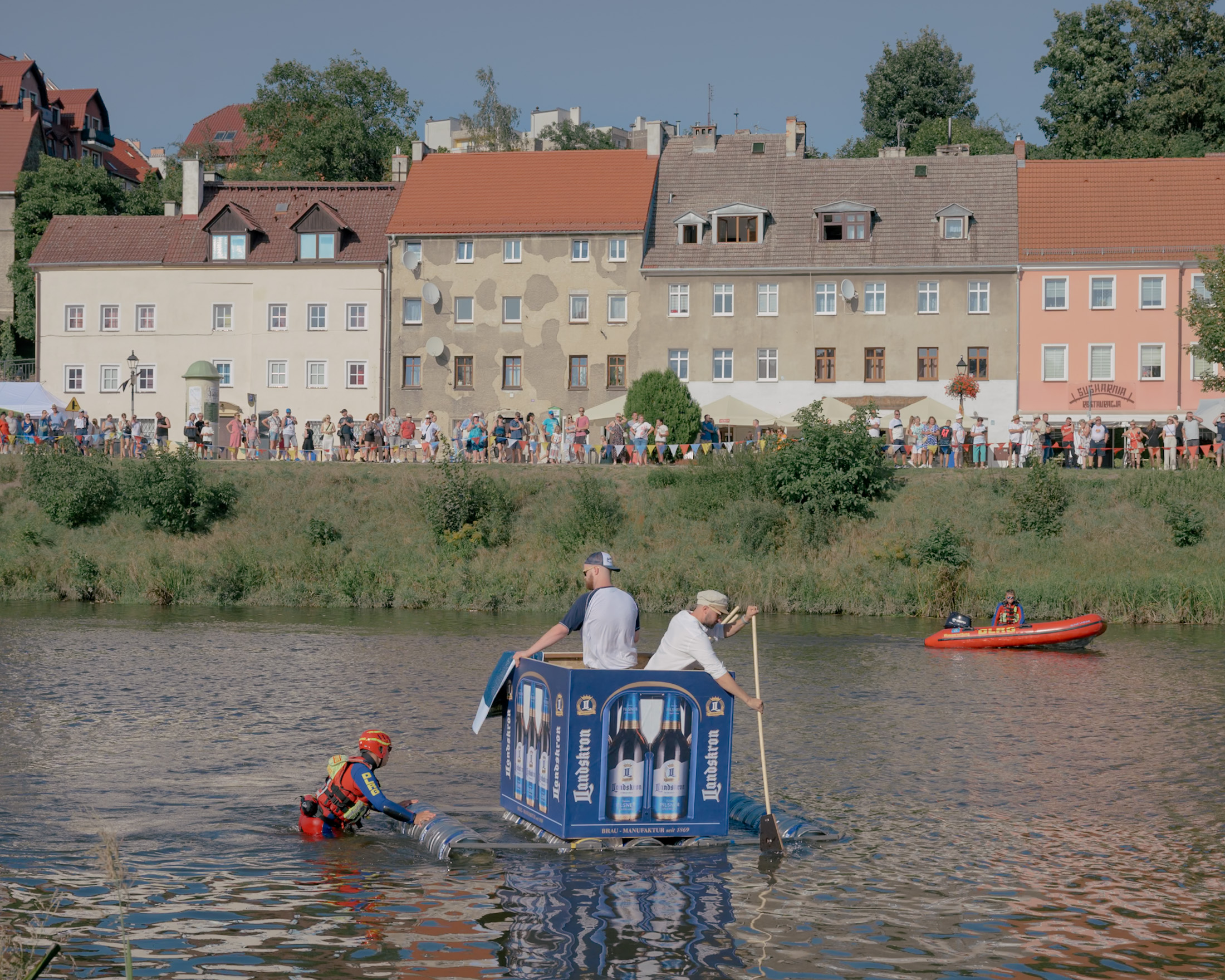



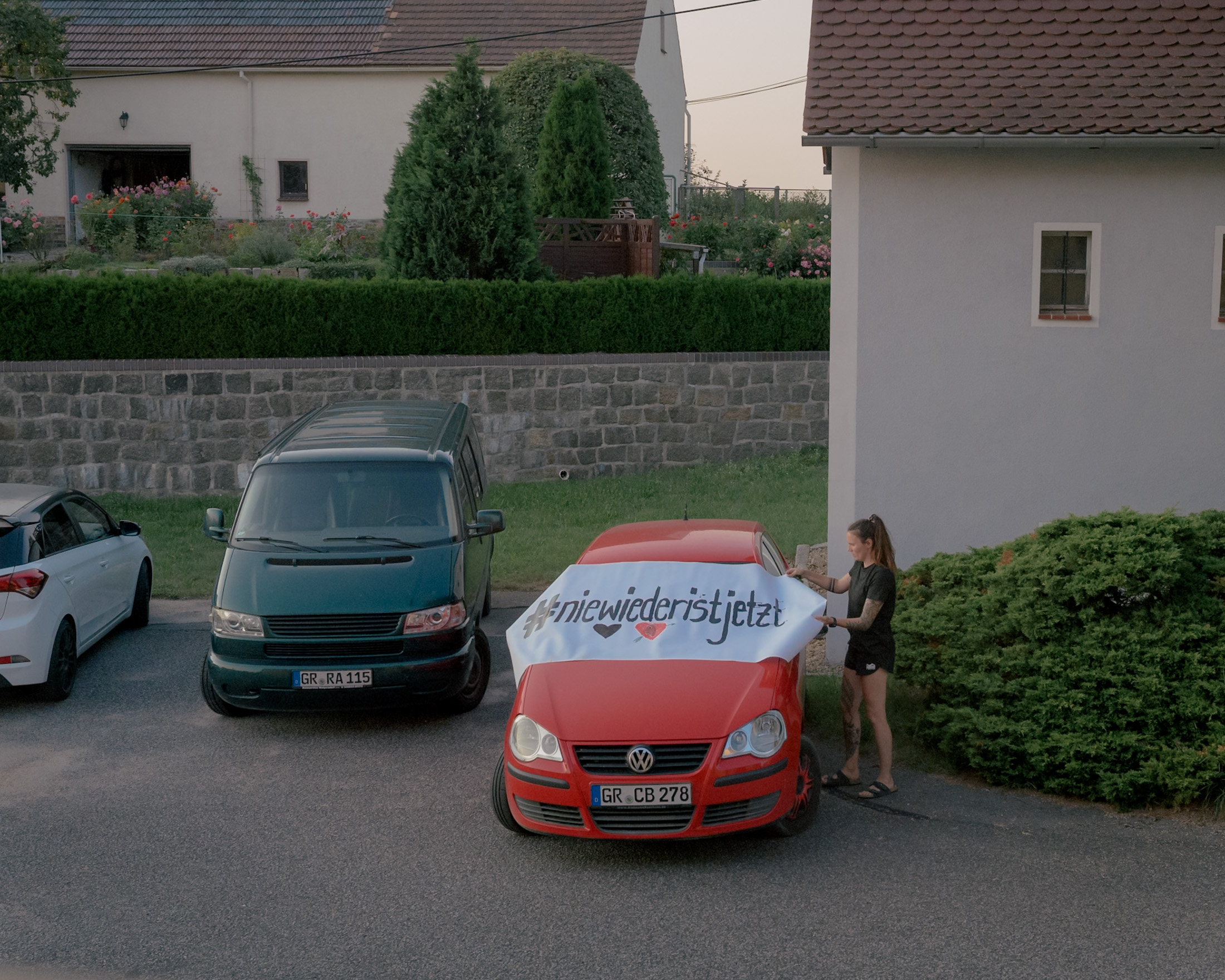
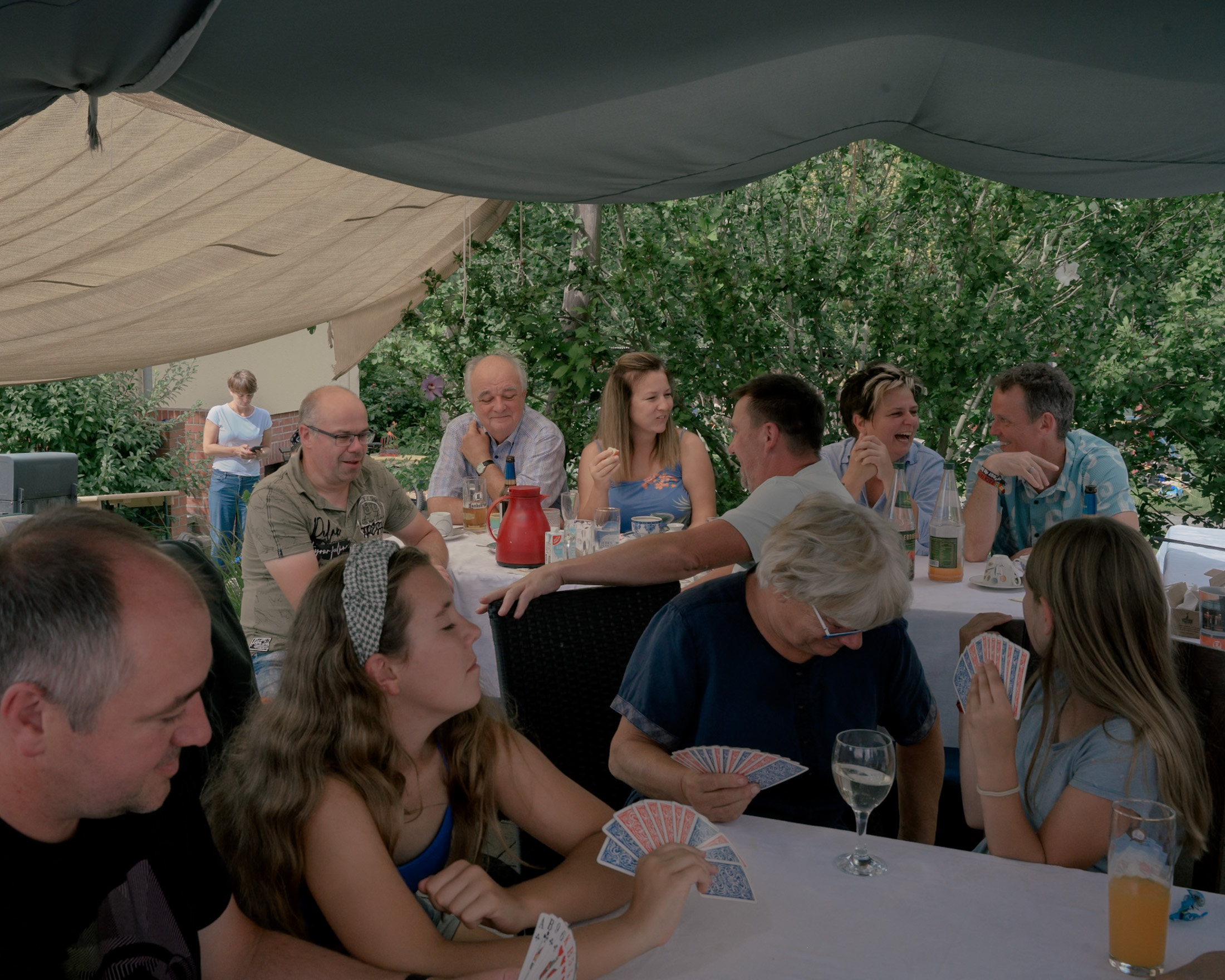
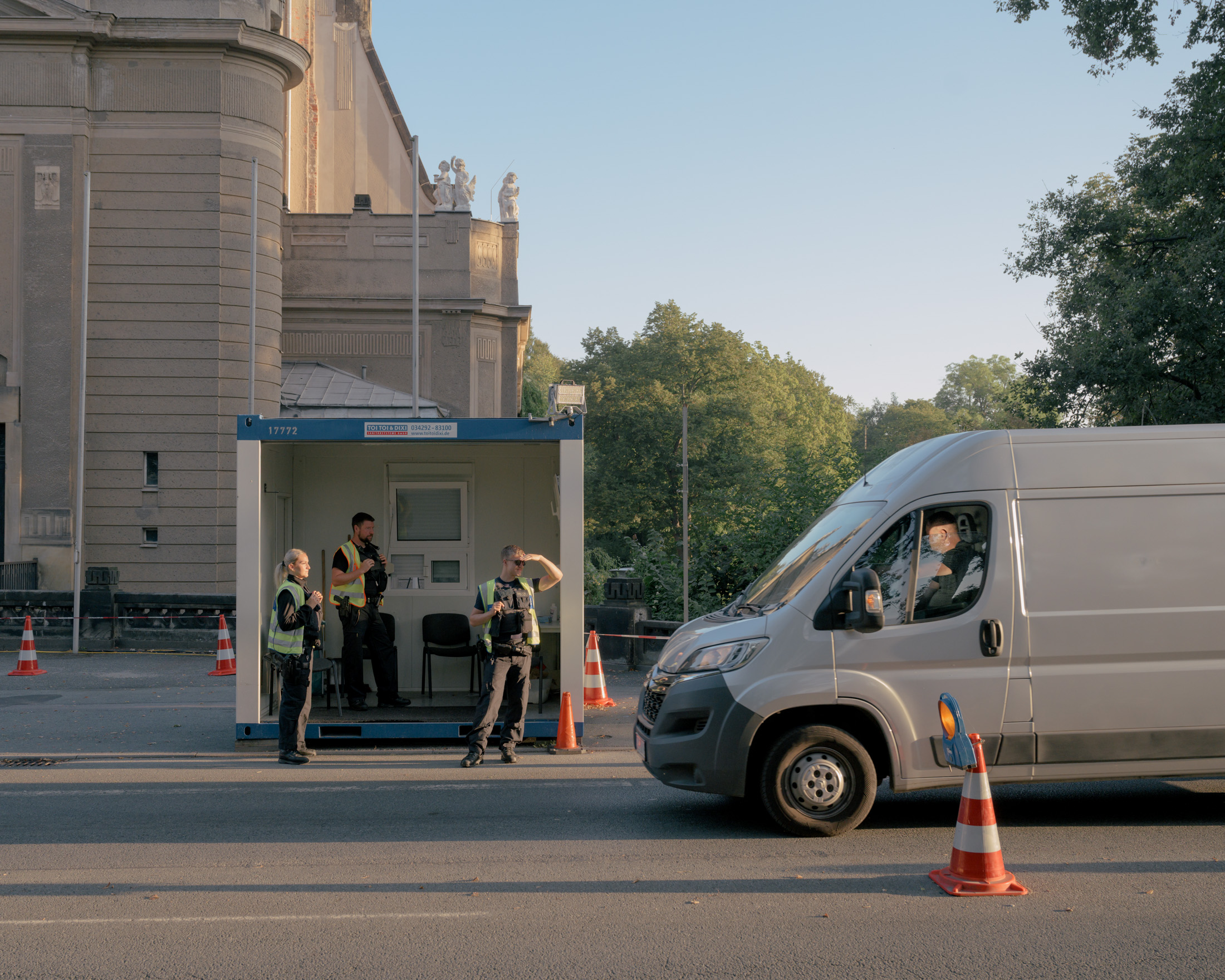
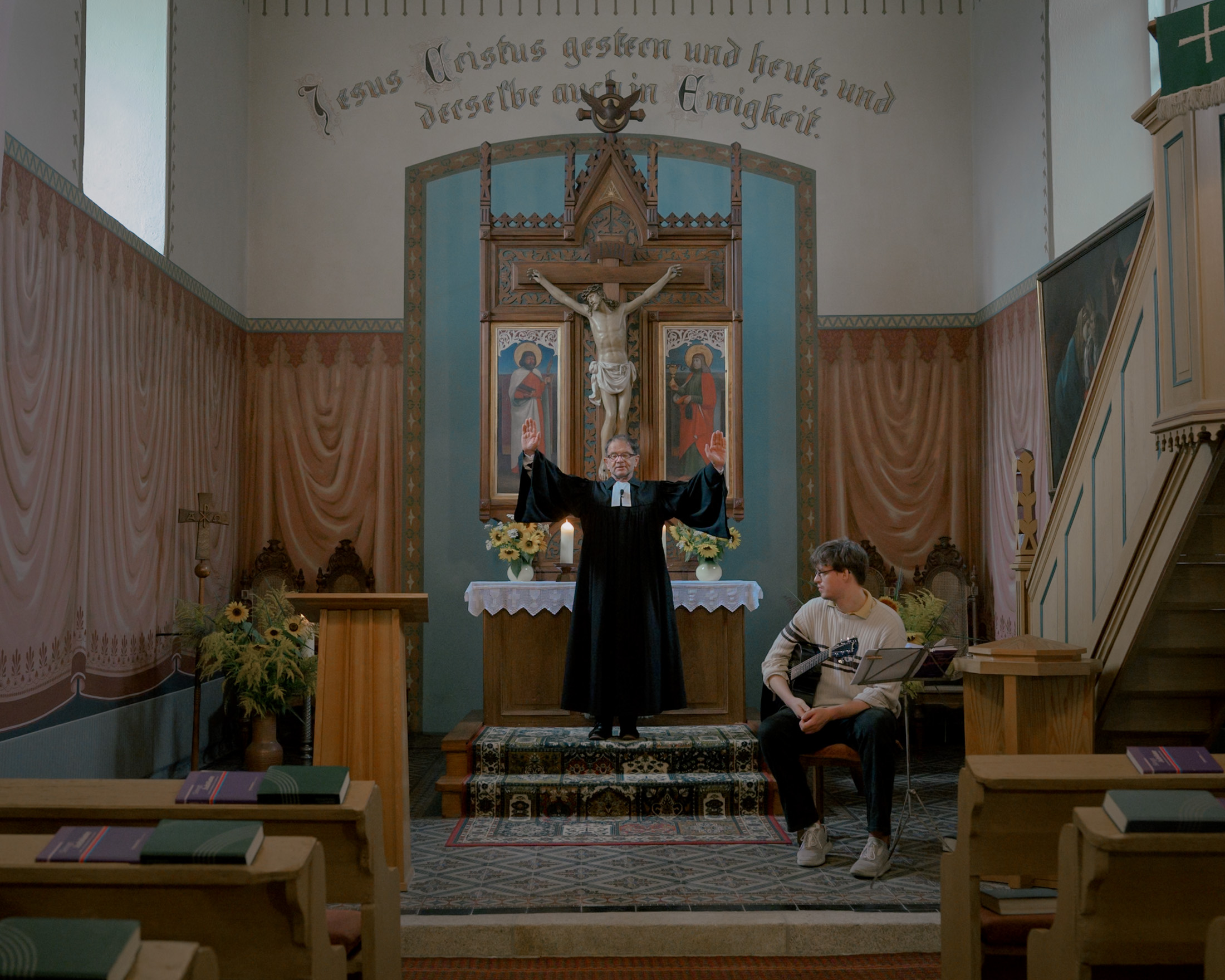

The Görlitz region used to power the former East Germany with its coal mines. But as the economy collapsed, the far right rose. In cities like Görlitz, hard on the Polish border, change has disturbed old ways and touched off new insecurities. As east Germans vote, a region in decline is searching for answers on the political extremes.
The far-right Alternative for Germany party long ago stepped from the political fringe and into the mainstream in Görlitz. Görlitz’s district in the state of Saxony gave more than 40 percent of its votes to the AfD, as the party is known, in the elections for the European Parliament in June. That was the most of any district in Germany. Despite the fact that parts of the AfD have been labeled extremist by domestic intelligence, the party has been in the state Parliament for 10 years already.
Before the state elections in Saxony, Ingmar traveled through the district to photograph a socio-political portrait of the region.
The far-right Alternative for Germany party long ago stepped from the political fringe and into the mainstream in Görlitz. Görlitz’s district in the state of Saxony gave more than 40 percent of its votes to the AfD, as the party is known, in the elections for the European Parliament in June. That was the most of any district in Germany. Despite the fact that parts of the AfD have been labeled extremist by domestic intelligence, the party has been in the state Parliament for 10 years already.
Before the state elections in Saxony, Ingmar traveled through the district to photograph a socio-political portrait of the region.
